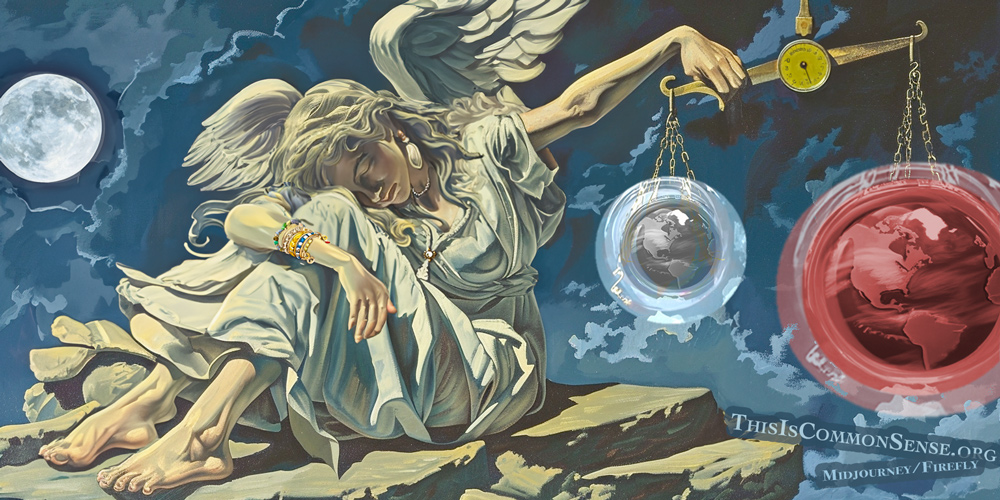There is something rich in the latest gag order placed on Mr. Trump.
“Former President Donald Trump on March 27 criticized the New York judge overseeing his ‘hush money’ case and criticized the judge’s daughter,” explains Jack Phillips of The Epoch Times, “just hours after the judge handed down a gag order against him.”
Richly . . . ironic?
Apt?
Idiotic?
“This Judge,” the former president wrote on his own social media site, “by issuing a vicious ‘Gag Order,’ is wrongfully attempting to deprive me of my First Amendment Right to speak out against the Weaponization of Law Enforcement, including the fact that Crooked Joe Biden, Merrick Garland, and their Hacks and Thugs are tracking and following me all across the Country, obsessively trying to persecute me, while everyone knows I have done nothing wrong!”
To them, Orange Man’s very existence is “wrong,” and the thing they most want is Trump to shut up. So, in the course of a trial upon a subject combining campaign finance regulations with more prurient interests, a judge gagging the defendant from speaking in public about his prosecutors is . . . well, convenient. For them.
The prosecution is arguably an attempt to silence Trump; gag orders remove doubt. And allow the Empire State to exact the punishment before the trial concludes.
The prosecutors and politicians and major media propagandists who are aghast at Trump’s charges aren’t exactly saying that what Trump says about the judge’s daughter (that she “represents Crooked Joe Biden, Kamala Harris, Adam ‘Shifty’ Schiff, and other Radical Liberals”) is false.
They object . . . because . . . what he says makes them look bad.
And what they are trying to do is make Trump look bad.
Just rich.
With meaning.
More philosophically minded folks say we have a crisis of meaning these days. I don’t know. I see meaning everywhere!
But it’s not always meaning we like.
This is Common Sense. I’m Paul Jacob.
Illustration created with PicFinder and Firefly
—
See all recent commentary
(simplified and organized)






